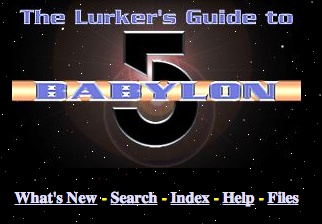As I wrote about back in November 2012 and have also spoken about on past FIR podcast episodes, CircleID is one of the sites that I watch to keep up on what is happening with the infrastructure that powers the Internet, as well as Internet policy issues and, in recent years, the evolution of the "new generic top-level domains (newgTLDs)". I enjoy reading many of the people who write there - and have learned a good bit in the process. There are a lot of contributors to the site (and anyone can sign up to contribute) and so you get to hear many different voices, including some, of course, with whom you may not agree - but that is good and helpful.
Beyond simply visiting the CircleID website, you can follow the site as @circleID on Twitter and via the CircleID Facebook page as well as good old RSS.
I'd highly recommend CircleID for people interested in the evolution of the Internet!
If you found this post interesting or useful, please consider either:
- following me on Twitter;
- adding me to a circle on Google+;
- following me on App.net;
- subscribing to my email newsletter; or
- subscribing to the RSS feed.


